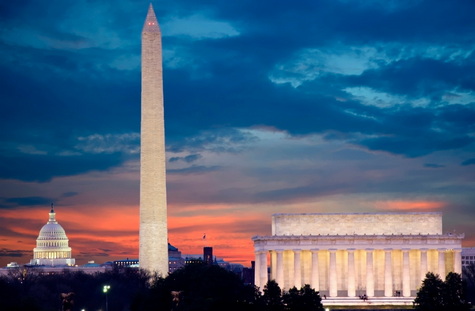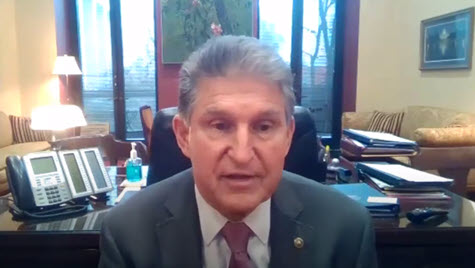
The Senate approved a procedural bill last night to raise the national debt ceiling without the risk of a Republican filibuster. The House and Senate plan to consider a subsequent bill within days that will increase the debt limit by more than $30 trillion, thereby avoiding a national default and delaying the next fiscal cliff until after the November midterm elections. (Wall Street Journal | Punchbowl News | Reuters, Dec. 9)
Hurdles Await BBB Act
- The expected increase to the debt limit will also allow Senate Democrats to focus on the House-passed $1.7 trillion Build Back Better (BBB) Act.
- Senate Majority Leader Chuck Schumer (D-NY) and House Speaker Nancy Pelosi (D-CA) this week predicted that Congress will pass the social and climate package before Christmas. However, numerous hurdles could push congressional action on the BBB Act into 2022. (The Hill, Dec. 8)
- Today, the Congressional Budget Office reported that the BBB Act would add $3 trillion to the federal deficit over the next 10 years if its major provisions are made permanent.
- Senate Energy Committee Chairman Joe Manchin (D-WV), below, is one of the key Democratic centrist swing votes needed to pass the BBB Act under budget reconciliation rules, which allow Congress to pass legislation with only 51 votes in the Senate.

- Manchin reiterated his reluctance to vote for the package this week, stating "the unknown" of inflation "is much greater than the need" for Democrats to move on their climate and social spending bill now. (Marketwatch, Dec. 8 and Wall Street Journal, Dec. 7)
- Additionally, the Senate parliamentarian is reviewing the BBB Act to determine if it conforms to reconciliation rules, which require that all the bill’s provisions directly impact the federal budget. (Indivisible, The Senate’s Byrd Rule)
- Another significant hurdle is whether potential changes to the BBB bill can resolve existing policy differences among Democrats on the state and local tax deduction (SALT), Medicare expansion and immigration. (CQ and BGov, Dec. 9)
- If the Senate passes a bill with changes, it likely will need to go back to the House for another vote before it reaches President Biden’s desk. (Roundtable Weekly, Nov. 19)
BBB and CRE

- The current BBB bill – when compared to the President’s budget and the bill passed by the House Ways and Means Committee in September – reflects major progress on a number of tax issues important to real estate and prioritized by The Real Estate Roundtable. (Roundtable Weekly, Oct. 29)
- The current bill would not limit like-kind exchanges, increase the 20% capital gains tax, or cap eligibility for the 20% pass-through business income deduction. It also does not include changes in the tax treatment of carried interest or repeal the step-up in basis of assets at death. The key tax issues in the bill are addressed in a Roundtable comparison of the tax-related provisions in the BBB package.
- Clean energy tax credits make up the most significant portion of the BBB Act’s climate policies. The Roundtable on Nov. 16 sent a letter to congressional tax writers detailing five recommendations that would improve green energy tax provisions in the BBB Act affecting real estate. (Roundtable Weekly, Nov. 19)
The BBB Act’s potential impacts on tax and climate policy issues of importance to CRE will be topics for discussion at The Roundtable’s Jan. 25-26 State of the Industry Meeting in Washington, DC.
# # #


